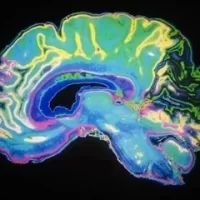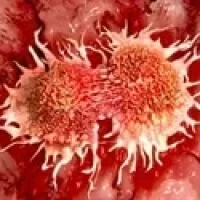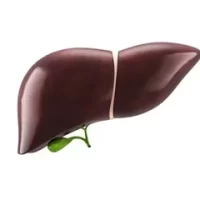What exactly are kidneys, and what do they do?
The bean-shaped organs that make up your kidneys are found on either side of your belly. There are two of them, and they are located at the base of your rib cage. Nephrons, a group of functional units that make up each kidney, are many.
A glomerulus connected to a tubule makes up a nephron. Little blood arteries called glomeruli function as filtering organs. Filtration occurs when blood reaches the glomerulus, and the filtered fluid is then transferred to the tubule.
Water and chemicals are either added to or subtracted from the fluid inside the tubule. Your body’s requirements determine how this function is carried out. Once this procedure is finished, the remaining waste fluid is eliminated from your body.
Every 24 hours, the kidneys perform the function of filtering toxins and returning the fluid to the bloodstream. On average, our kidneys filter about 200 liters of liquid. Out of these, about 198 liters of fluid are recovered, whereas the remaining two liters are released from the body.
What is the importance of having healthy kidneys?
One of the kidneys’ most essential functions is to remove excess fluids and waste products from the body in the form of urine.
The production of urine is performed through some complex steps that involve re-absorption and excretion. This process plays a vital role in maintaining a balance of chemicals in your body.
The kidneys perform the body’s regulation of essential contents such as sodium, potassium, and acid-base balance.
The kidneys also produce of certain hormones that affect other organs of the body. For instance, the kidneys produce a hormone that stimulates the production of red blood cells in the body. Another hormone produced by the kidneys helps control calcium metabolism and regulates blood pressure.
In summary, the kidneys perform the following functions:
Balancing the body’s fluid and electrolyte levels
Regulation of osmolarity, ions, and pH
Removing waste products as well as drugs from the body
Releasing hormones that are essential for the proper function of the body, such as blood pressure-regulating hormones
Producing an active form of vitamin D that helps promote healthy and strong bones
Controlling the production of red blood cells in the body












